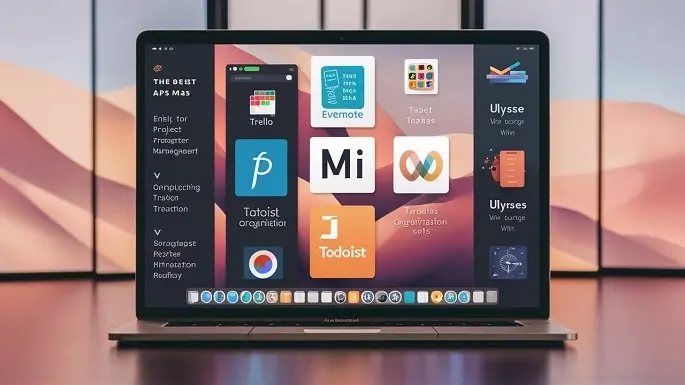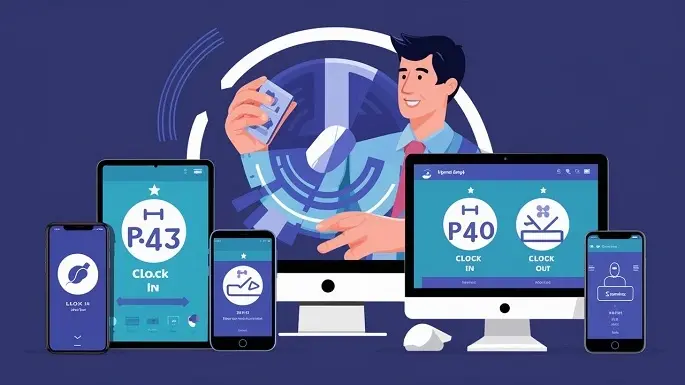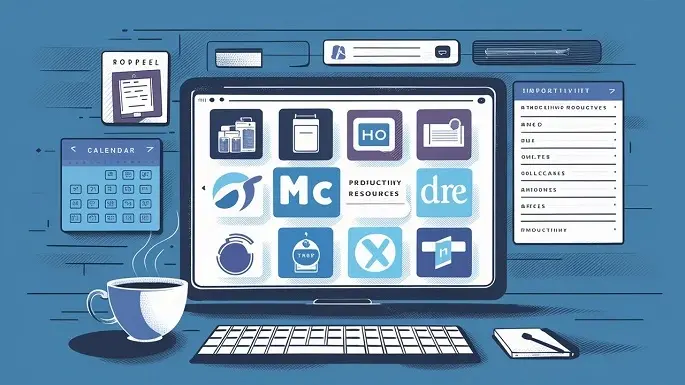In today's fast-paced business landscape, maximizing employee productivity is a key objective for companies of all sizes. The utilization of technology has paved the way for innovative solutions to enhance productivity, and one such tool gaining significant attention is time-tracking software. This article delves into the various ways time-tracking software can boost employee productivity, from optimizing time management to fostering accountability and improving overall work efficiency.
In a world where time is money, optimizing employee productivity is crucial for business success. Time tracking software offers a technological solution to this challenge, helping companies make the most of their workforce's valuable hours.
Understanding Employee Productivity
Before diving into the benefits of time-tracking software, it's important to understand what employee productivity entails. It's not just about how much work is done but also the quality of work, the efficiency of completing tasks, and the overall impact on business goals.
The Role of Time-Tracking Software
Time tracking software serves as a digital assistant, capturing and analyzing how employees spend their time during work hours. This data provides insights into where time is being well-spent and where it might be going to waste.
Optimizing Task Allocation with Data Insights
By analyzing time-tracking data, managers can allocate tasks more effectively based on employees' strengths and workload capacity. This leads to a better distribution of tasks and prevents burnout.
Enhancing Time Management and Prioritization
Time-tracking software empowers employees to manage their time more efficiently. It helps them identify time sinks and allocate appropriate time to high-priority tasks, resulting in better time utilization.
Fostering Accountability and Motivation
When employees know their work hours are being tracked, they tend to stay more focused and accountable. This sense of responsibility boosts motivation and encourages a stronger work ethic.
Minimizing Procrastination and Distractions
Time-tracking software serves as a reminder for employees to stay on track. It discourages procrastination and minimizes distractions, leading to increased productivity.
Streamlining Communication and Collaboration
Many time-tracking tools come with collaboration features, facilitating seamless communication among team members. This streamlines project coordination and reduces time wastage due to miscommunication.
Identifying Workflow Bottlenecks
Through data analysis, time-tracking software can pinpoint bottlenecks in workflows. This insight enables companies to optimize processes and eliminate inefficiencies.
Reallocation of Resources for Better Productivity
With a clear understanding of time allocation, companies can reallocate resources to departments or projects that need extra support, ultimately leading to improved overall productivity.
Overcoming Challenges and Concerns
While time-tracking software offers numerous benefits, it's essential to address employees' concerns about privacy and micromanagement. Clear communication and transparent implementation can mitigate these challenges.
Implementing Time Tracking Software Effectively
To make the most of time-tracking software, companies need to ensure proper training and education for employees. Additionally, integrating the software with existing tools and processes is crucial for seamless adoption.
Choosing the Right Time Tracking Tool
Selecting the appropriate time-tracking software depends on the company's specific needs. Factors to consider include user-friendliness, integration capabilities, and data security.
Best Practices for Successful Adoption
Successful implementation involves setting clear expectations, demonstrating the software's benefits, and encouraging a positive attitude toward time tracking. Regular feedback loops can help refine the process.
Conclusion
Time-tracking software has emerged as a powerful ally in boosting employee productivity. By providing insights, fostering accountability, and optimizing time management, it empowers companies to achieve more with their existing resources. As businesses continue to embrace technology, integrating time-tracking software can lead to a more productive and efficient work environment.
Contact us here for Time tracking software now!
FAQs
1. Is time-tracking software suitable for all industries?
Yes, time-tracking software can be adapted to various industries to enhance productivity and efficiency.
2. Can time-tracking software replace traditional project management tools?
Time-tracking software complements project management tools by offering data-driven insights into time allocation.
3. How can companies address employee concerns about privacy?
Transparent communication about data usage and emphasizing its benefits can alleviate privacy concerns.
4. What size of businesses can benefit from time-tracking software?
Businesses of all sizes, from startups to enterprises, can benefit from time-tracking software to enhance productivity.


